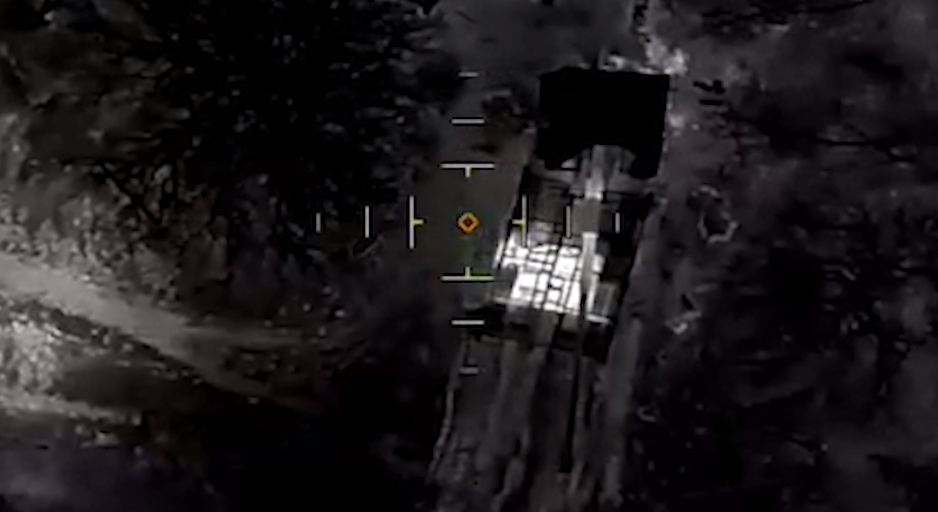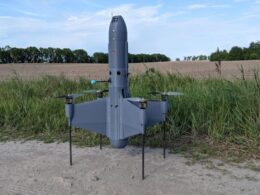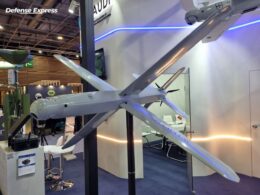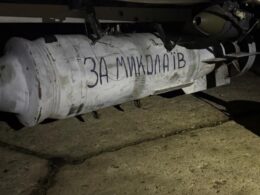Pilots of the 412th NEMESIS regiment of Ukraine's Unmanned Systems Forces have successfully struck a North Korean 170 mm self-propelled artillery unit M1989 Koksan for the first time during the ongoing Russo-Ukrainian war. The unit's press service shared footage showing the strike.
According to the regiment's press service, the artillery system was hit in Luhansk Oblast using a night bomber drone. Video evidence of the strike was published on the regiment's Telegram channel on 18 February, marking the first documented destruction of this type of self-propelled artillery system during the Russia-Ukraine war.
M1989 Koksan
The M1989 Koksan is a 40-ton self-propelled artillery system manufactured in North Korea. It was first observed during a parade in Koksan city in 1989.
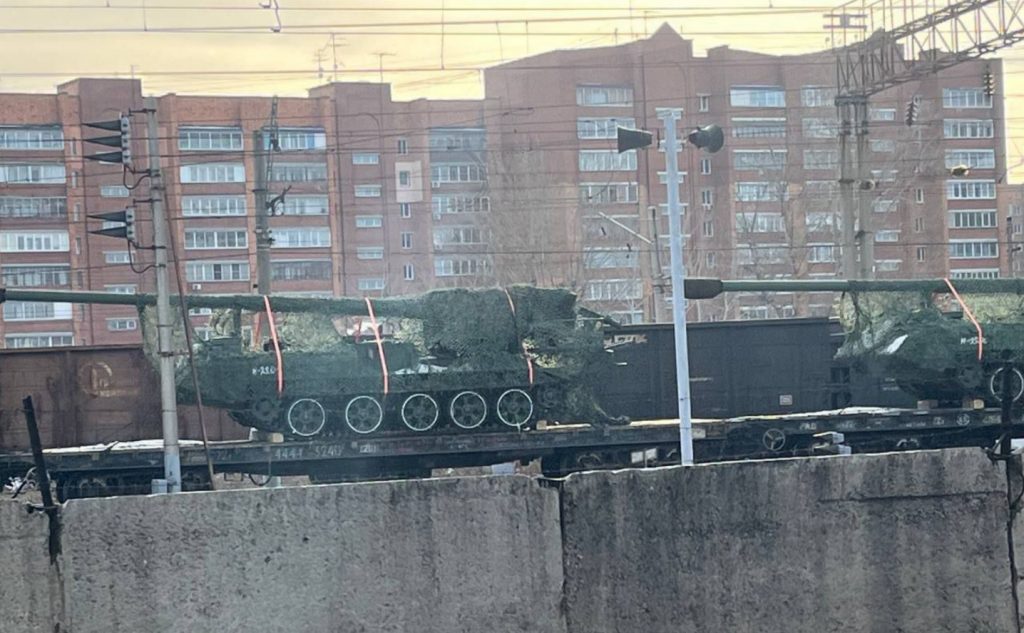
The system uses an uncommon 170 mm caliber, and its long-barreled gun provides significant firing range. According to available data, its range with conventional shells reaches 40 km, while with active-reactive ammunition it can extend to 60 km.
Militarnyi notes that in terms of firing range, the Koksan significantly surpasses all tube artillery currently used by Russia on the front. The only artillery system that can match it is the Soviet 203 mm self-propelled 2S7 Pion, but only when using active-reactive shells.
Related:
- Pyongyang sent 200 long-range artillery pieces to Russia, Seoul says
- Solar reflection on drone fiber-optic cables leads to Russian UAV team elimination (video)
- Frontline report: Russia’s Kursk offensive crumbles as North Koreans pull back
- Ukrainian forces integrate infantry and drones into a united strike system
- Ukraine confirms use of US Cold War-era Copperhead artillery shells for precision strikes (video)
- Artillery shortage forces Russians to deploy improvised weapons, expert says
- The Telegraph: North Korea sends Seoul-targeting artillery to Russian front
- Moscow received 148 KN-23 ballistic missiles from Pyongyang in 2024, Ukraine’s spymaster says

